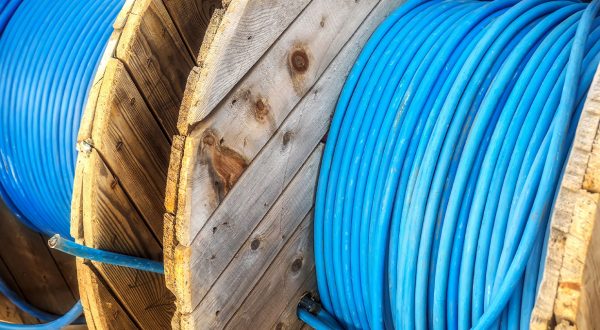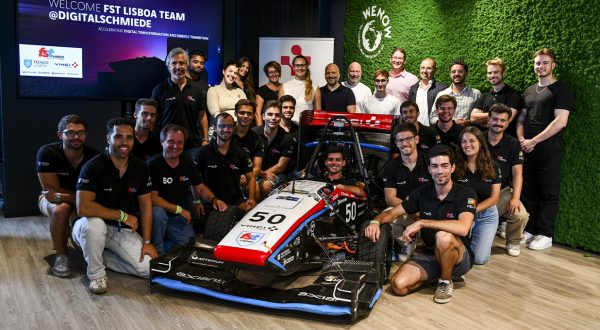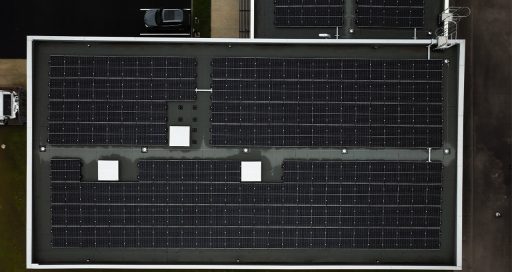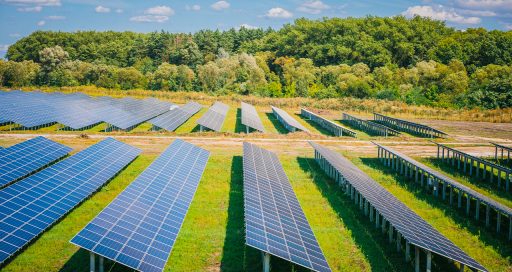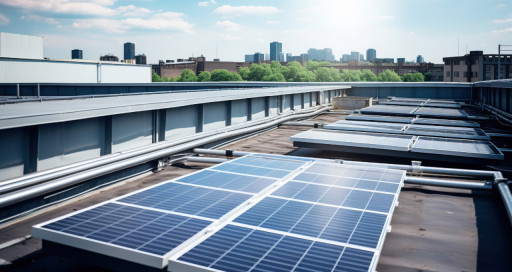In Senegal, where energy requirements are growing rapidly, Omexom is providing a promising alternative to centralised electricity supply by rolling out power plants that combine renewable energy sources, battery storage, and oil-fired generation to supply mini-grids.![]()
In contrast to the prevailing approach taken in Europe, for example, a national electricity grid serving most consumers is not feasible in Africa, where two-thirds of the population is not connected to the grid. One promising solution would appear to be off-grid and mini-grid systems based on an energy mix including a high proportion of solar and wind power.
“VINCI Energies operates across the entire off-grid process, including customer training to ensure long-term operation.”
In its Africa Energy Outlook report, the International Energy Agency projects that “two-thirds of the mini-grid and off-grid systems in rural areas in 2040 [will be] powered by solar photovoltaics, small hydropower, or wind.”
VINCI Energies is helping to implement this decentralised electrification throughout Senegal, where its Omexom brand is designing and installing eight turnkey power plants, which it will commission in 2019. They include a “conventional” 23-MW photovoltaic solar generating plant connected to the Dakar grid and seven off-grid hybrid plants that include a share of fossil-fired generation and sometimes batteries, for Senelec.
“The first set of off-grid hybrid plants are being built in the eastern part of the country, which is experiencing high population growth and rapidly increasing energy requirements,” says Yves Daguin, Business Unit Manager at Omexom. The urban areas of Kidira, on the border with Mali, Goudiry, and Medina Gounass, a pilgrimage centre near the border with Gambia, have so far been supplied by oil-fired power plants with insufficient capacity to meet needs.
“Technical resourcefulness”
“The goal,” says Yves Daguin, “is to create local mini-grids in the three regions by connecting a variety of production systems, including photovoltaic solar and generator sets.” The idea is to minimise fuel oil consumption by 20 % and to maximise the use of solar energy, an “unavoidable” intermittent source.
“These projects involve a technically resourceful way to manage the various energy sources to provide uninterrupted service,” the company director continues. For cost reasons, oil-fired power plants currently operate only a few hours a day. The EMS (Energy Management System) configured by Omexom makes it possible to switch between sources and ensure the stability of the local grid. “The hybrid system makes it possible to manage the system in terms of both load and energy produced,” says Yves Daguin.
Logistical constraints
The four power plants installed in the Saloum Islands have an additional feature: beyond diesel and solar generation, they also have an energy storage system that further reduces the proportion of fuel oil used. The goal is to cut fuel oil consumption by using lithium-ion batteries to store surplus electricity from solar sources.
“VINCI Energies operates across the entire off-grid system process, covering design, engineering, supply, commissioning, operation support, maintenance, and above all customer training to ensure long-term operation.” Skills transfer to local technicians is a constant focus in Africa, where Omexom has already trained local personnel to operate Bokhol and Kahone power plants in Senegal and the Zagtouli power plant in Burkina Faso.
10/07/2019

